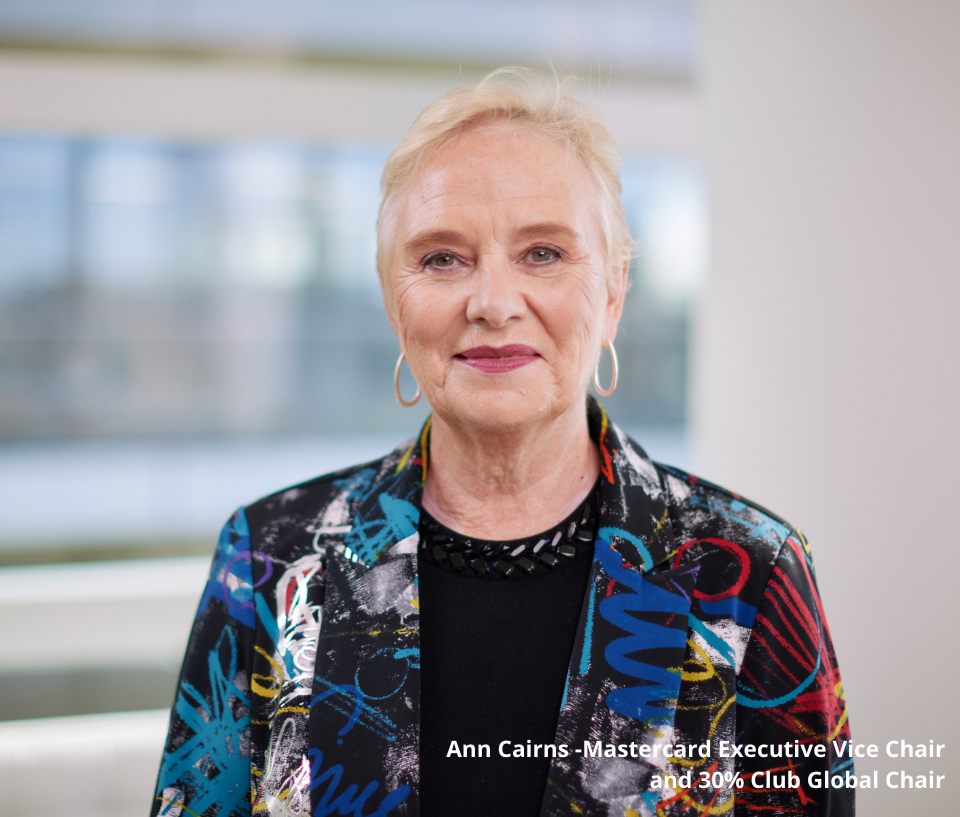
As governments and private companies gear up to tackle climate issues and make it part of the agenda of C-Suite executives and leadership teams, improving gender equity in boardrooms and decision-making tables cannot be an afterthought when drafting climate policy or sustainability efforts.
Women’s leadership is crucial in tackling climate change. More so in the Middle East and North Africa region, where gender imbalance in leadership is significant.
These are the principle points raised in a White Paper commissioned by Arab Petroleum Investments Corporation (APICORP) on gender diversity and sustainability in partnership with the 30% Club MENA, Arabian Business and the American University in Cairo to mark Gender Day at COP27.
- Key highlights from the report include:
- COP27 is a perfect platform to continue pushing for change and inform firms on the need to implement policies that encourage more women to rise to leadership roles and have their voice heard.
- For now, men are overrepresented on constituted bodies and government delegations, which remains an issue of concern. Equal and meaningful participation and leadership of women is vital to achieve climate goals.
- Gender equality and women’s leadership can no longer be an afterthought when drafting climate policy. The time to act and accelerate change is now.


30% Club global chair and Mastercard executive vice chair Ann Cairns said:
“Business is at its best when it brings together all the brightest minds, sharing their thoughts, ideas, and concerns.
“The 30% Club has been campaigning for greater gender diversity in corporate boardrooms since 2010 — a time when there were just 12.5 per cent women serving on the boards of Britain’s biggest companies, the FTSE 100.
“Our argument has always been that diversity of thought in senior leadership makes business better.”
Where we are
The 30% Club has come a long way from when it was set up in the UK in 2010.We now span six continents and more than 20 countries. We’re actively expanding into more G20 countries


